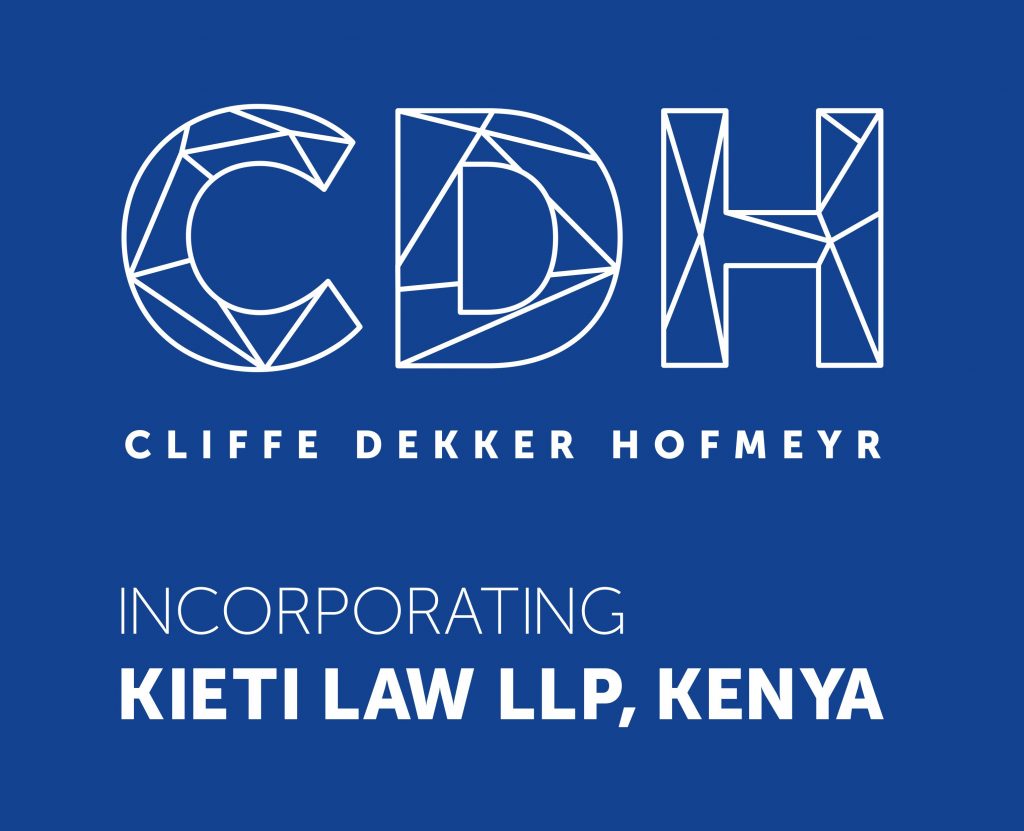

On 24 March 2023, the Supreme Court of Appeal (SCA) handed down judgment dismissing an appeal brought by Strategic Partners Group (Pty) Ltd (SPG) against a judgment of the High Court in the matter of SPG and Others v Liquidators of Ilima Group (Pty) Ltd (in liquidation) and Others (Case no 1291/2021) [2023] ZASCA 27 (24 March 2023). This, after a myriad of litigation in the court a quo where SPG brought an application for declaratory relief against the liquidators of Ilima Group (the main application) with the liquidators responding with a counter-application.
The dispute arose over certain documents which the liquidators of Ilima Group (Pty) Ltd (in liquidation) (Ilima) claimed to have been entitled to. Ilima had been placed in final liquidation in April 2010 and held 16 million ordinary shares in SPG (representing some 11,784% of the shares in SPG). To ensure some return to creditors and performance of their statutory duty to realise the shareholding and distribute the proceeds, the liquidators were obliged to value and sell the shares for the best possible price. In order to do so, the liquidators requested a valuation from SPG.
Disputed valuation
SPG provided the liquidators with a valuation prepared by its appointed auditors, Mazars. However, this valuation was disputed by the liquidators. This led to a dispute over what information liquidators of an insolvent shareholder in a company are entitled to and the manner in which that information can be obtained. It also turned out that the SPG valuation had been performed based on a disputed shareholders’ agreement and as a result, the liquidators rejected the valuation.
The liquidators then procured the services of their own appointed auditor, Mr Zeelie of Zeelie Auditors, to perform a valuation of the shares. The liquidators thereafter made an offer to sell the Ilima shares for an amount of R100 million. However, SPG claimed that this amount was inflated and rejected it.
It was clear that the parties were not going to agree on a valuation. SPG maintained that the valuation ought to be performed based on the disputed shareholders’ agreement. To put this argument to rest, the liquidators sought a declarator from the High Court to determine the validity of the shareholders’ agreement. The High Court found that no valid or binding shareholders’ agreement had been concluded between the shareholders of SPG as there was no proof that all the shareholders had consented to the agreement. Therefore, the basis upon which the valuation had been performed by SPG was flawed.
Update required
The dispute on the valuation of the shares continued and, given the finding of invalidity of the shareholders’ agreement and certain developments within SPG over the duration of the dispute, it was evident that an updated valuation was required. The liquidators made various enquiries to SPG on whether an updated valuation had been procured, however, their enquiries were left unanswered. The liquidators themselves proceeded to procure an updated valuation from Zeelie.
To do this, Zeelie required additional information and documentation and requests to this effect were made to SPG. These requests were also ignored. The liquidators resolved to convene an insolvency enquiry to obtain the necessary information and documentation.
Despite various undertakings by SPG to provide the information and documentation, only some of the requested information and documentation was forthcoming. This was followed by further attempts to reach agreement on the value of the Ilima shares, which were all unsuccessful and, despite settlement discussions having taken place, SPG launched the main application.
SPG in its main application sought a declarator that the liquidators were entitled to no more documents than those which are provided for in sections 26 and 31 of the Companies Act 71 of 2008 (2008 Act), and alternatively section 113 of the Companies Act 61 of 1973 (1973 Act). As such, the inference was obvious that the launch of the main application signaled the end of any prospect that SPG would be providing further documents to assist the liquidators in procuring an updated valuation.

Image By; Canva
Pressure from liquidators
Despite the launch of these proceedings, the liquidators (through Zeelie) persisted with their requests for further information and documentation and also identified several issues in the documents already obtained from SPG which merited discussion at the forthcoming SPG annual general meeting – these raised concerns of inter alia dubious corporate governance on the part of the SPG board.
This pressure from the liquidators resulted in the calling of a special general meeting of shareholders of SPG to amend the existing memorandum of incorporation (MOI) in order to introduce a clause providing for a forced sale of the shareholding of a shareholder that had been liquidated.
Seeing clearly the intention of this amendment, the liquidators brought a counter-application seeking the dismissal of the main application and a finding that the clause in question to be introduced in the new MOI would not apply to the Ilima shareholding because it fell afoul of section 163 of the 2008 Act on the basis that such amendment constituted an act of SPG which would result in the oppressive or unfair prejudice to, or unfair disregard of, the interests of a shareholder. The liquidators further sought a declarator that the documents and records sought by the liquidators at the respective insolvency enquiries (which were held in terms of section 414 and 415 of the 1973 Act) fell within the category of documents to which the liquidators were legally entitled.
A key dismissal
The High Court found in favour of the liquidators, dismissing the main application and granting an order in terms of the requests contained in the liquidators’ counter-application, including costs in respect of both applications to be paid by SPG. On appeal, the SCA agreed with this finding.
The appeal was therefore dismissed and the SCA highlighted that it is common cause that the liquidators are duty bound to obtain sufficient documentation and information in order to act in a manner that is diligent in the interests of creditors in recovering and distributing assets of the company in liquidation and the effect of the amended MOI was clearly to undermine the performance by the liquidators of their statutory duties. The amendment operated oppressively, was unfairly prejudicial against the liquidators, and unfairly disregarded their interests in obtaining an accurate valuation.
Kgosi Nkaiseng is a Director at CDH;
Jessica Osmond is an Associate at CDH;
Nseula Chilikhuma is an Associate at CDH.




